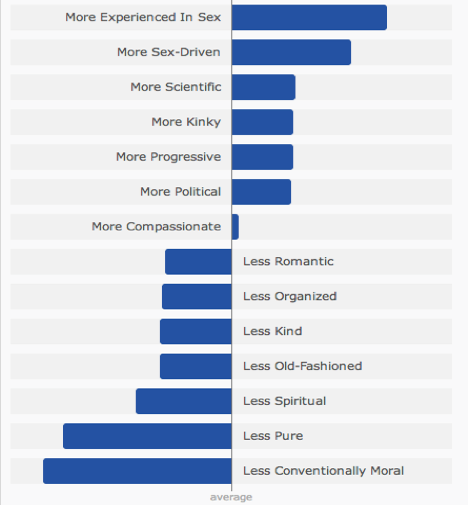Announcing Bay Area Kink/Poly-Aware Therapist Networking Group
I am organizing a support/networking/consultation group for Bay Area clinicians that would allow students from various training programs to meet and network with one another and also allow them to connect with those of us who are already established as kink & poly aware professionals.
More about my motivation for this can be read below.
Recently, I’ve had the opportunity to reflect on my experience as a graduate student doing research on kinky sex. Taking on therapist bias against BDSM as a dissertation topic was challenging. I frequently felt misunderstood or I worried that professors and other students might make assumptions about my sexual practices. When I wasn’t busy worrying about those things, I worried about the burden of responsibility that I suddenly felt to the BDSM community, by virtue of choosing this topic. I went back and forth several times and nearly changed my topic to something….less adventurous.
However, I’d had the experience in my early 20’s of discovering books and friends who taught me that BDSM wasn’t the terrible, dirty thing I had once assumed it was. I learned that it was actually something that could be about trust, love, safety, and consensuality.
I had my mind changed.
Thus, with the earnestness and conviction that can only come from having your own prejudices revealed to yourself, I took on the issue as a personal challenge to myself, and eventually completed my dissertation on BDSM. This also meant that I experienced anxiety and dread in anticipation of every class I took over the next five years, as it was standard protocol to introduce yourself and your dissertation topic on the first day of every first class each semester.
Of course I hoped that my doing research in this area might mean that it would help reduce bias for BDSM clients entering therapy one day. But I also dreamed that psychology graduate students who identified as kinky or poly might also feel safer as they navigated graduate school or at least feel that the profession had become more welcoming.
It’s now thirteen years since I started my graduate training, and I’ve recently heard from students in training programs who do not feel that their programs adequately provide support or mentoring for developing clinicians who identify as kinky and/or poly or who simply wish to work with those populations.
Most programs these days encourage students to explore their cultural identities and they have student organizations allowing students to connect around ethnicity, religion, LGBT-identity, disability, or other cultural affiliations. But students who are kink or poly-identified may have a more difficult time identifying one another and forming such groups. Students struggle with how–and whether–to come out in a professional capacity either as members of the kink or poly communities themselves or as simply having knowledge or interest in serving these populations. Many schools still don’t recognize these alternative identities as deserving of support or outreach.
My support/networking/consultation group for Bay Area kink/poly-aware clinicians would allow students from various training programs to meet and network with one another and also allow them to connect with those of us who are already established as kink & poly aware professionals.
